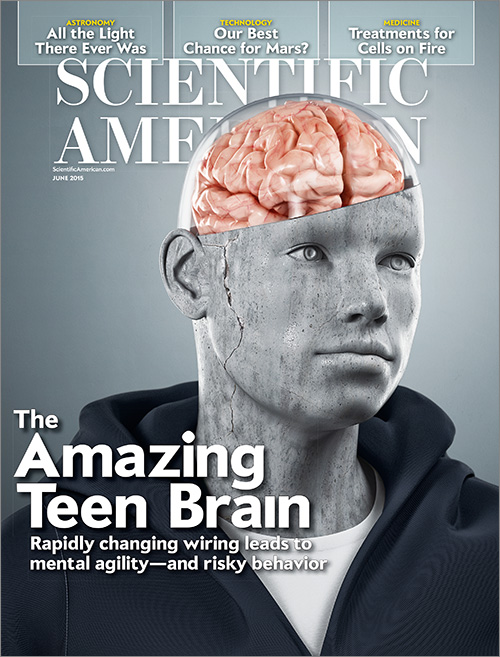Scientia Humanitatis
Reason, empiricism and skepticism are not virtues of science alone

In the late 20th century the humanities took a turn toward postmodern deconstruction and the belief that there is no objective reality to be discovered. To believe in such quaint notions as scientific progress was to be guilty of “scientism,” properly said with a snarl. In 1996 New York University physicist Alan Sokal punctured these pretensions with his now famous article “Transgressing the Boundaries: Toward a Transformative Hermeneutics of Quantum Gravity,” chockablock full of postmodern phrases and deconstructionist tropes interspersed with scientific jargon, which he subsequently admitted were nonsensical gibberish.
I subsequently gave up on the humanities but am now reconsidering my position after an encounter this past March with University of Amsterdam humanities professor Rens Bod during a European book tour for The Moral Arc. In our dialogue, Bod pointed out that my definition of science—a set of methods that describes and interprets observed or inferred phenomena, past or present, aimed at testing hypotheses and building theories—applies to such humanities fields as philology, art history, musicology, linguistics, archaeology, historiography and literary studies.
Indeed, I had forgotten the story he recounted of Italian philologist Lorenzo Valla, who in 1440 exposed the Latin document Donatio Constantini—the Donation of Constantine, which was used by the Catholic Church to legitimize its land grab of the Western Roman Empire—as a fake. “Valla used historical, linguistic and philological evidence, including counterfactual reasoning, to rebut the document,” Bod explained. “One of the strongest pieces of evidence he came up with was lexical and grammatical: Valla found words and constructions in the document that could not possibly have been used by anyone from the time of Emperor Constantine I, at the beginning of the fourth century a.d. The late Latin word Feudum, for example, referred to the feudal system. But this was a medieval invention, which did not exist before the seventh century a.d.” Valla’s methods were those of science, Bod emphasized: “He was skeptical, he was empirical, he drew a hypothesis, he was rational, he used very abstract reasoning (even counterfactual reasoning), he used textual phenomena as evidence, and he laid the foundations for one of the most successful theories: stemmatic philology, which can derive the original archetype text from extant copies (in fact, the much later DNA analysis was based on stemmatic philology).”
Inspired by Valla’s philological analysis of the Bible, Dutch humanist Erasmus employed these same empirical techniques to demonstrate that, for example, the concept of the Trinity did not appear in bibles before the 11th century. In 1606 Leiden University professor Joseph Justus Scaliger published a philological reconstruction of the ancient Egyptian dynasties, finding that the earliest one, dating to 5285 b.c., predated the Bible’s chronology for the creation of the world by nearly 1,300 years. This led later scholars such as Baruch Spinoza to reject the Bible as a reliable historical document. “Thus, abstract reasoning, rationality, empiricism and skepticism are not just virtues of science,” Bod concluded. “They had all been invented by the humanities.”
Why does this distinction matter? Because at a time when students and funding are fleeing humanities departments, the argument that they are at least good for “self-cultivation” misses their real value, which Bod has forcefully articulated in his recent book A New History of the Humanities (Oxford University Press, 2014). The transdisciplinary connection between the sciences and humanities is well captured in the German word Geisteswissenschaften, which means “human sciences.” This concept embraces everything humans do, including the scientific theories we generate about the natural world. “Too often humanities scholars believe that they are moving toward science when they use empirical methods,” Bod reflected. “They are wrong: humanities scholars using empirical methods are returning to their own historical roots in the studia humanitatis of the 15th century, when the empirical approach was first invented.”
Regardless of which university building scholars inhabit, we are all working toward the same goal of improving our understanding of the true nature of things, and that is the way of both the sciences and the humanities, a scientia humanitatis.

